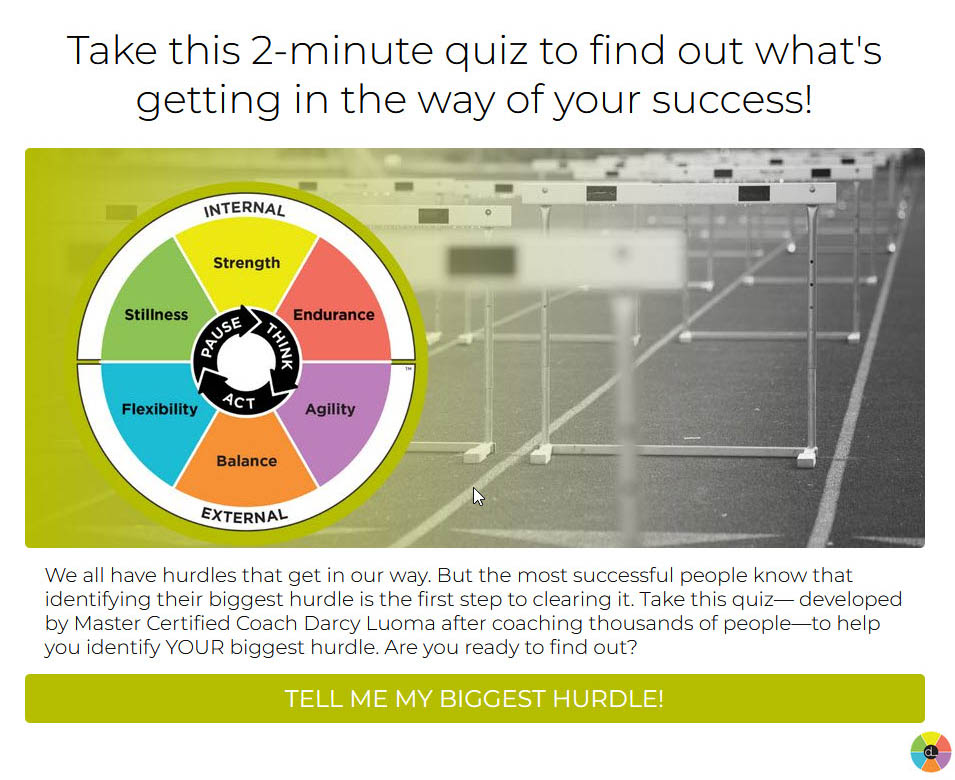Have you ever wished you could connect more deeply with the people around you?
You’re not alone. Many of us have. Connection is a fundamental human need we all share. During the corona lockdowns, when so many of us worked in isolation from home, we were reminded how important it is to connect to others.
Today we want to share an idea that’ll help you strengthen your relationships and deepen your connection to others, almost immediately! Curious what it could possibly be?
Learn how to ask better questions to the people around you.
This might sound trite, but hear me out.
Good questions show the other person you care. They take the focus off you and put it onto the other person, inviting them to share more about their interests, fears, hopes and dreams. A thoughtful question is a catalyst to connection, because it makes them feel seen and valued. And who doesn’t want to be around someone who makes them feel good?
So how exactly do you ask questions, if you want to be Thoughtfully Fit? It seems like it should be straightforward, but even after five decades on this planet, I’m still practicing these tips!
- Be concise
If you ask long-winded questions, it’s harder for the other person to connect with you. Imagine if someone asked you: “So what do you think you want anyway… Do you want to tell your boss you’re frustrated, or do you just want to quit, or do you want to go to HR and complain?” How would you even go about answering a multiple choice question like that? Especially if your answer is, “D: None of the above.”
Instead, seek to shorten your questions, like simply “What do you want?” As a rough guideline, 5-7 words is ideal. Longer than that, and you’ll hamper the connection.
- Ask one question at a time
In the heat of an emotionally engaging conversation, it can be tempting to ask lots of questions, all in one go. Picture a new HR manager who’s overly keen to make a good impression, asking a struggling employee: “What’s getting in the way? What’s hard about this? What’s frustrating you?” Taken alone, these are great questions. But when combined all together, they become overwhelming to respond to.
By asking one question at a time, you show the person you respect them, by giving them space to reflect. Wait for them to respond fully, listen actively, and only then consider asking the next question.
- Start with what or how, instead of why
Questions that begin with the word “why” have a tendency to make the other person feel defensive, even if that isn’t your intention. For example, if someone asked you “Why can’t you just tell him how you feel?”, you’d likely hear some unwanted advice or implicit judgment. Chances are you’d get a little defensive, and the conversation would derail from there.
Instead, lean into your curiosity, and ask questions that begin with “what” or “how.” Continuing the previous example, if you were instead asked, “What’s challenging about telling him how you feel?”, there’s a sense of genuine interest in your decision-making process, as opposed to unwanted preaching.
- Keep questions open-ended
If you want to have a meaningful conversation, try to avoid questions that can be answered with a simple yes or no: can you, did you, will you, have you… you get the picture. “Can you just quit?” is unlikely to lead to a thoughtful conversation about a nuanced response to a challenging business situation.
Instead, seek to ask open-ended questions that encourage deeper reflection. For example, in the situation from the previous paragraph, you might ask “How do you want to move forward?” That question will likely lead to deeper connection.
- Focus on the person in front of you
If your colleague is having a bad day, it might be tempting to focus on the person or problem they’re talking about. For instance, you might ask “Why is your boss annoyed?” or “What does your client need?” Questions like these might be useful to provide additional context, but you’ll be able to connect more deeply with the person in front of you if you focus your questions on their experience directly.
So in the same situation, with a colleague who’s having a bad day, maybe you could ask “What’s the hardest thing about this for you?” This invites reflection and new awareness, as opposed to focusing on something they can’t control—the other person.
- Avoid leading questions
As humans, we have a tendency to want to offer advice. Perhaps you suggest: “Maybe you could tell your manager you’re frustrated?” A leading question like this, while well-intentioned, comes with the downside that your colleague is not empowered to problem-solve creatively. Furthermore, it gets in the way of connection because most people don’t like to be told what to do.
A more thoughtful approach is to express true curiosity about how your colleague might handle their own predicament. You could ask, “What solutions could you try?”
Try it for yourself
Asking thoughtful questions might feel awkward at first, but with practice it gets easier. And you’ll ultimately reap the benefits of a stronger connection to those around you.
And guess what? You can even ask thoughtful questions of yourself! This is a great way to build your Thoughtfully Fit core.
So the next time you want to connect more deeply with others, try the following core workout:
- Pause: Take a moment to reflect before you go into the conversation.
- Think: What are some thoughtful questions you can ask? How can you ask concise, open-ended questions that strengthen the relationship with the other person?
- Act: Start that conversation with your new awareness!
We’d love to hear your results as you shift to asking thoughtful questions! Send us a note at dlcc@darcyluoma.com, or simply hit reply with your success story (or fabulous failure!).



